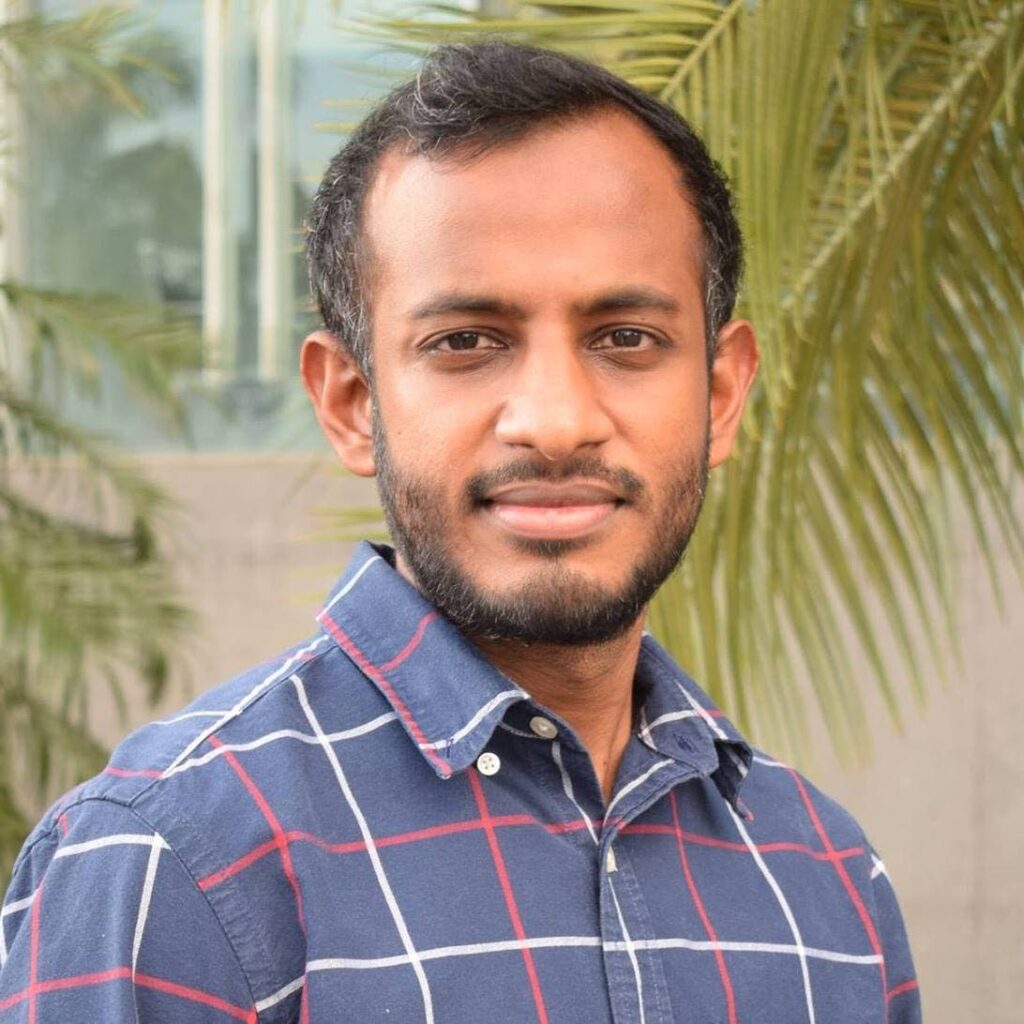Medicine’s dark side: loneliness

TAUREEF MOHAMMED
IN 2011, WHEN I decided to apply to medical school, the idea of medicine being a lonely profession was nowhere in my mind. In fact, I was expecting it to be quite the opposite.
At the time, I was working as a geophysicist trainee at the Ministry of Energy and Energy Affairs in Port of Spain. I was not happy. Working behind a computer on the 23rd floor of Tower C was not for me. I wanted a job with more human connection and I thought medicine would provide that. So, I applied to medical school.
Initially, things appeared to be all hunky-dory. In medicine, we talked to patients everyday; we spoke to patients’ relatives everyday; we ran into colleagues everyday in the corridors, on the wards, in the elevators, in the doctors’ lounges; we “networked” annually at conferences; we dined at restaurants while we learned about the latest research. All the good stuff. And, not forgetting, when the rest of the world was in lockdown and isolation, we were at work in the company of our colleagues.
So, when loneliness started to drive my heart rate up, especially over the last few years, I could not quite understand why. There was the obvious: I had left home. But at least I had medicine to buffer the loneliness, right? Alas, I did not understand medicine, neither did I understand loneliness.
In an interview on the podcast A Slight Change of Plans, US Surgeon General Vivek Murthy – who recently declared loneliness a public health emergency in the US – described what loneliness was and was not.
“We have this stereotype of loneliness. We think about the person who’s socially awkward, who’s sitting in the corner of a room at a party all by themselves."
Loneliness, he pointed out, was different from isolation, an objective description of the number of people around us. “Loneliness is a subjective term (a subjective feeling). It’s when the connections we need in our life exceed the connections that we actually have.”
In medicine, we were never isolated; there were many humans – sometimes too many – around. But we lacked connection. We zigzagged our way through exams, specialty training, temporary placements – each with its temporary connections – met many people along the way, formed WhatsApp group after WhatsApp group, but remained connected to a few. In the end, the false sense of security of having many people around allowed loneliness to creep in.
A 2018 Harvard Business Review survey of 1,624 employees in the US found doctors and lawyers to be among the loneliest. In a 2021 study published in the Journal of the American Board of Family Medicine, 44.9 per cent of family physicians reported feeling lonely, answering yes to questions such as: How often do you feel that you lack companionship? How often do you feel left out? How often do you feel isolated from others? Lonely physicians were found to have higher rates of burnout and depression.
From a public health point of view, loneliness increased the risk of premature death, heart disease, stroke, diabetes. Referencing studies done at Brigham Young University, Dr Murthy said the mortality impact of loneliness was comparable to smoking 15 cigarettes per day. He added: “It’s even greater than the mortality impact that we see with obesity and with substance use disorders.” Loneliness was a killer.
The first step in preventing the cascade of health problems associated with loneliness was to submit to it. Over the last couple years I tried to do that. If I tried to ignore the feeling, my heart rate would remind me of it. There was no escape. I had to face it and figure it out.
For over a decade, I had put a tremendous amount of effort into medicine – medical school, exams, internship, call shifts, exams again, specialty training, call shifts, exams again, subspecialty training, another exam pending – only to end up on the 23rd floor of Tower C, again. I had not put enough effort into building – or maintaining – meaningful connections.
Recently, I have tried to make an effort to reconnect. I came together with two other colleagues and we formed our own “dinner club.” Every month we hit a different restaurant. Friday evenings, I make sure and visit my nephew and niece. On Fridays and Sundays, I go to mosque. I enjoy the solitude – defined by Dr Murthy as being physically alone but connected to something nourishing – of running. Small steps. But at least my heart rate feels more settled.
Taureef Mohammed is a graduate of UWI and a geriatric medicine fellow at Western University, Canada

Comments
"Medicine’s dark side: loneliness"